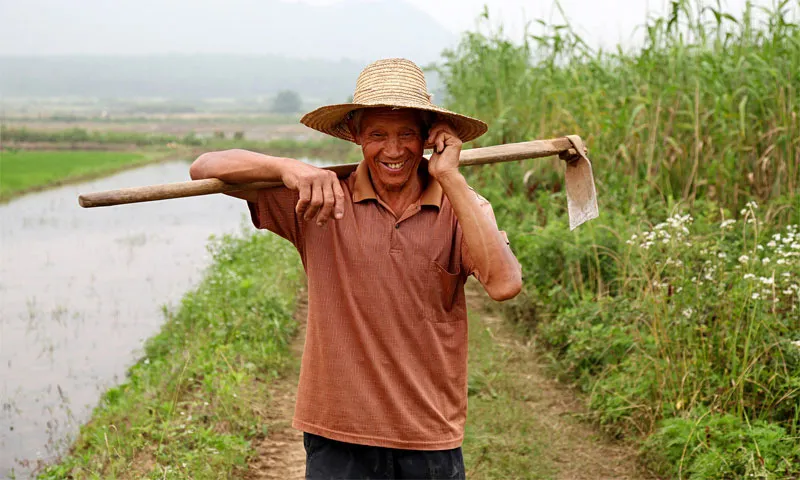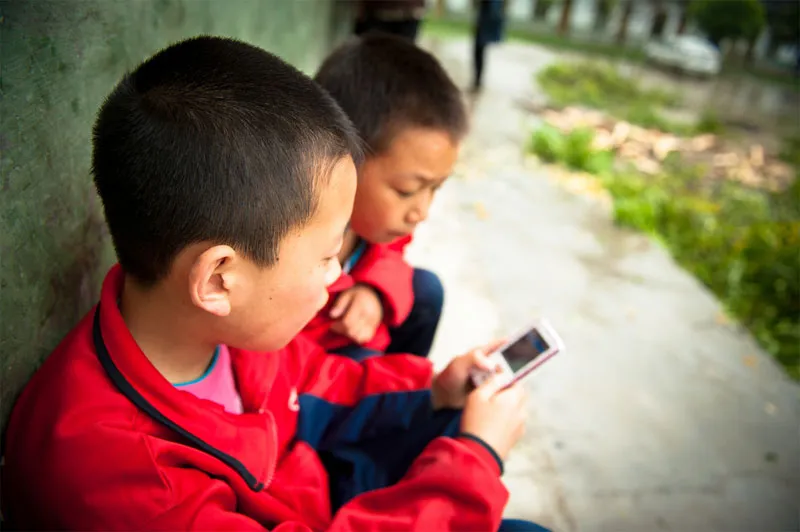Learning from China: connecting rural citizen to the digital revolution
With more than 80% of the China’s 885 million mobile phone subscribers using smartphones, the market is maturing and growth is slowing. Manufacturers and telcos are now focussing their attention on the ‘late adopters’ – from the rural areas and relatively less affluent provinces of the country, which represent a high potential for future growth.
One such company with a rural focus is Tencent, the fourth largest internet company in the world and owner of popular OTT messaging service WeChat. Tencent is currently working on a revolutionary project aptly titled “Sending a Dream to the Countryside.” The first stage of the project involves transforming a tiny impoverished village called Tongguan in Guizhou province by making it China’s first ‘mobile internet village’.

The entire project was born when a Tencent employee discovered that the ethnic Dong community in the village have a unique folk music tradition known as the Kam Grand Choir, which is rapidly fading away as youngsters migrate to the city. To keep the tradition alive, Tencent first came forward to build a Kam Grand Choir Museum in the village. The under construction museum will be a platform to practice and preserve tradition – but it will also be equipped with cutting edge information technology, to help the village reach out their traditions to the world, gain fame, and hopefully, profit from it.
From here, the next step was to pull in project partners including China Mobile, which recently installed a telecom tower to inaugurate the first ever wi-fi network in a Chinese village, accompanied by firecrackers, celebration and traditional religious rituals. Next, ZIT, another hardware partner, delivered the first instalment of free smartphones to the villagers.

Tencent held a round of training for 56 villagers to ensure that they acquired basic internet knowledge. A total of 460 village households will receive smartphones, and more importantly 1 Gigabyte of free mobile internet every month, for the next 20 months.

Hello readers! Mobile is truly eating the world. With so much action happening in the world of Mobile and Apps et al, we bring to you MobileSparks 2014 (December 19, Bengaluru) - a conglomeration of all-things-mobile. We've an amazing lineup of speakers, with insights and content that you'll be able to convert into action. Book your spots right away.
It remains to be seen how villagers will adopt the new technology, but Tencent project officials hope that villagers will use WeChat to communicate with the outside world and sell local specialties including mountain tea and organic rice. Behind this entire initiative is a larger philanthropic belief that by bridging the digital divide, youngsters will return, farmers can earn money with dignity, and local culture can be preserved.

It’s easy for us to relate where rural India stands today, to the rural scenario in China. In fact, the entire project could easily be replicated in an Indian village, with the same aims and far reaching benefits to the society. There is only one key difference between the Indian and the Chinese scenario – and it lies in the presence of vernacular language mobile applications. The Mobile operating systems, and the entire world of mobile apps, are all available in indigenous, local language flavors. In India, the universe of smartphone apps is still predominantly in English, and this has been one of the biggest barriers to rural adoption. But this is beginning to change.
We need to see more initiatives that encourage villagers and farmers to learn, experience and then embrace the life changing impact of internet access. As a means of self expression, communication, creativity and commerce, it truly has the power to transform rural India.
About Author
Phani Bhushan is the founder of Anant Computing Platform. The platform helps companies to create native apps in every Indian language, that run on any feature phone or smartphone.







